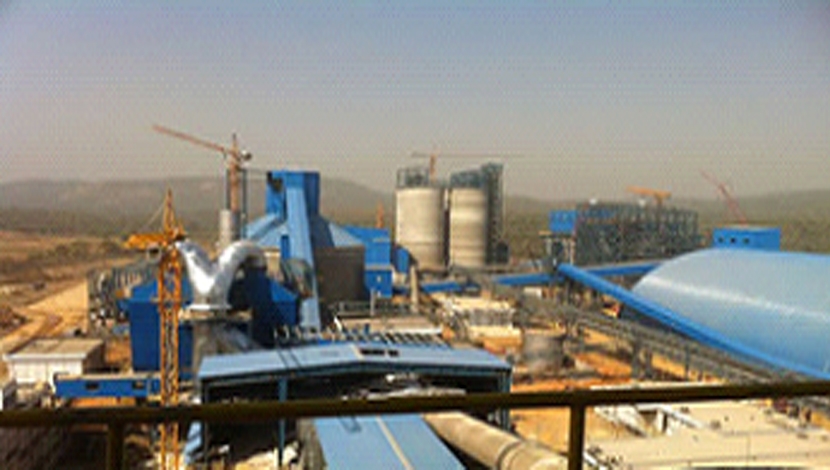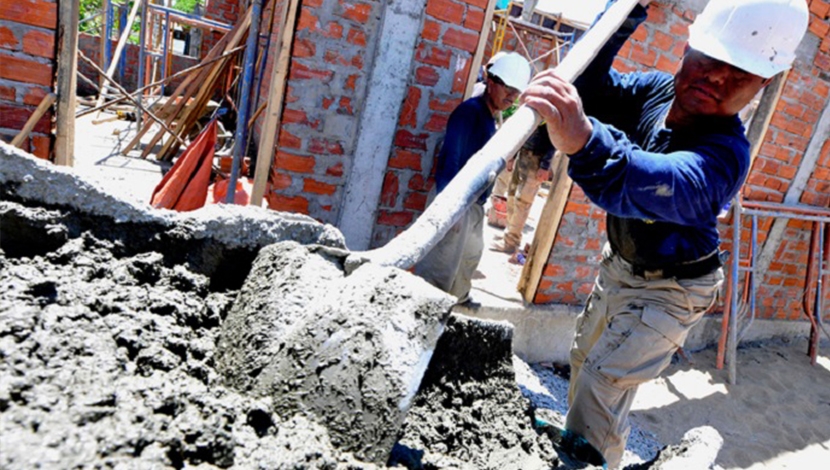

For almost a year, Tanzanian officials had been in a bitter $600-million dispute with Dangote Cement over investment incentives related to a new cement plant in Mtwara, southern Tanzania. The Nigerian company claimed the government was reneging on promises made by the previous administration.
Launched last year, the cement plant was flourishing until John Magufuli became president. In the last 12 months, new regulatory challenges undermined operations so much that the company suspended production last month.
It caused an uproar in Tanzania and Magufuli had to get directly involved and eventually struck a last-minute deal with Dangote on Dec. 10 to keep the factory in the country and save 10,000 jobs.
Dangote called the government’s bluff—and won.
But this isn’t about Dangote. The dispute, instead, has troubling implications for watching investors who were considering coming to Tanzania or deepening existing investments.
Analysts say it has already noticeably hurt the country’s reputation as an investment destination. East Africa’s second largest economy is seen, not only a difficult environment for the private sector, but the new administration appears hostile to business.
“That we got to this point, paints an unfavourable and unpredictable outlook for investors looking at the Tanzanian market,” says Ahmed Salim, an analyst at Teneo Intelligence.
“If you’re told one day, out of the blue, that you’re no longer exempt from VAT, not only does it throw a spanner in your current business, it also affects your confidence about your future investment decisions,” Anna Rabin, a senior analyst at consulting firm africapractice, said.
Tanzania currently ranks 132 out of 190 for ease of doing business. A former socialist state, still suspicious of private enterprise, Tanzania has worked hard to attract investors to come do business. But there are now fears that the work done to open things up will be set back.
By over-taxing business, the government risks suffocating the economy, starving it of liquidity, with dire implications for jobs and future revenues for the country.
Magufuli has garnered pan-African praise for clamping down on corruption and holding the private sector accountable. But in taking on Dangote, a rare homegrown African multinational, which creates thousands of jobs wherever it goes, the Magufuli administration may have shot itself in the foot.
Reforms are needed to create conditions that are both favourable to the private sector and Tanzanians as a whole and things will only improve if Magufuli demonstrates the political will to institute such a mind change.





